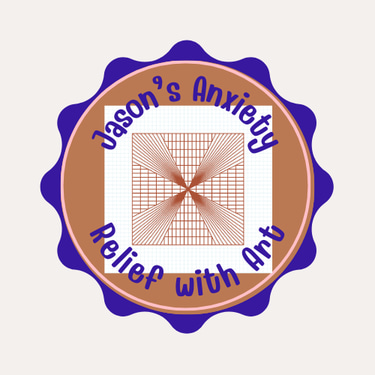Mastering the Art of Mindful Breathing: A Journey for Trauma Survivors
Explore how to deep breath and remain in the present. Instead of shallow breathing and focusing on the future or the past. It takes practice, but it is peaceful
8/22/20251 min read


Understanding the Challenge of Breathing Mindfully
For many people, mindful breathing and maintaining a quiet mind are seen as simple tasks—almost second nature. However, for individuals who have experienced trauma, these easy tasks can quickly become profound challenges. Trauma often manifests in the body and mind in ways that make basic functions, like breathing deeply and staying present, feel nearly impossible.
A Personal Revelation: The Impact of Trauma on Breathing
At 51 years old, I recently discovered that I was engaging in shallow breathing, a symptom often overlooked. In stressful moments or during periods of anxiety, I noticed I hardly took in a full breath; instead, I was merely surviving by utilizing the bare minimum oxygen my body required. This realization was eye-opening, as I understood that my unconscious state was a coping mechanism developed over years of anxiety.
Finding Peace in the Present: The Path Forward
One might think that simply focusing on breathing would be a practice that comes easily; however, for those with a history of trauma, staying grounded in the present is fiercely challenging. My mind perpetually oscillates between worrying about potential future disasters and ruminating over past events, which fuels a continuous cycle of anxiety. Consequently, my goal is to work consistently on breathing exercises that keep me anchored in the now.
To successfully navigate this journey, it’s essential to practice patience and self-compassion. I am learning that each breath in the present moment is a step forward, no matter how incremental. Breathing mindfully allows us to reconnect with our physical selves and fosters a sense of calm that can counteract the chaos initiated by trauma.
In my practice, I remind myself: it may seem easy to breathe naturally, but for many of us who have faced significant challenges, it requires dedicated effort and consistent practice. The art of mindful breathing is a skill that can be developed over time, bringing with it the tranquility we seek.
